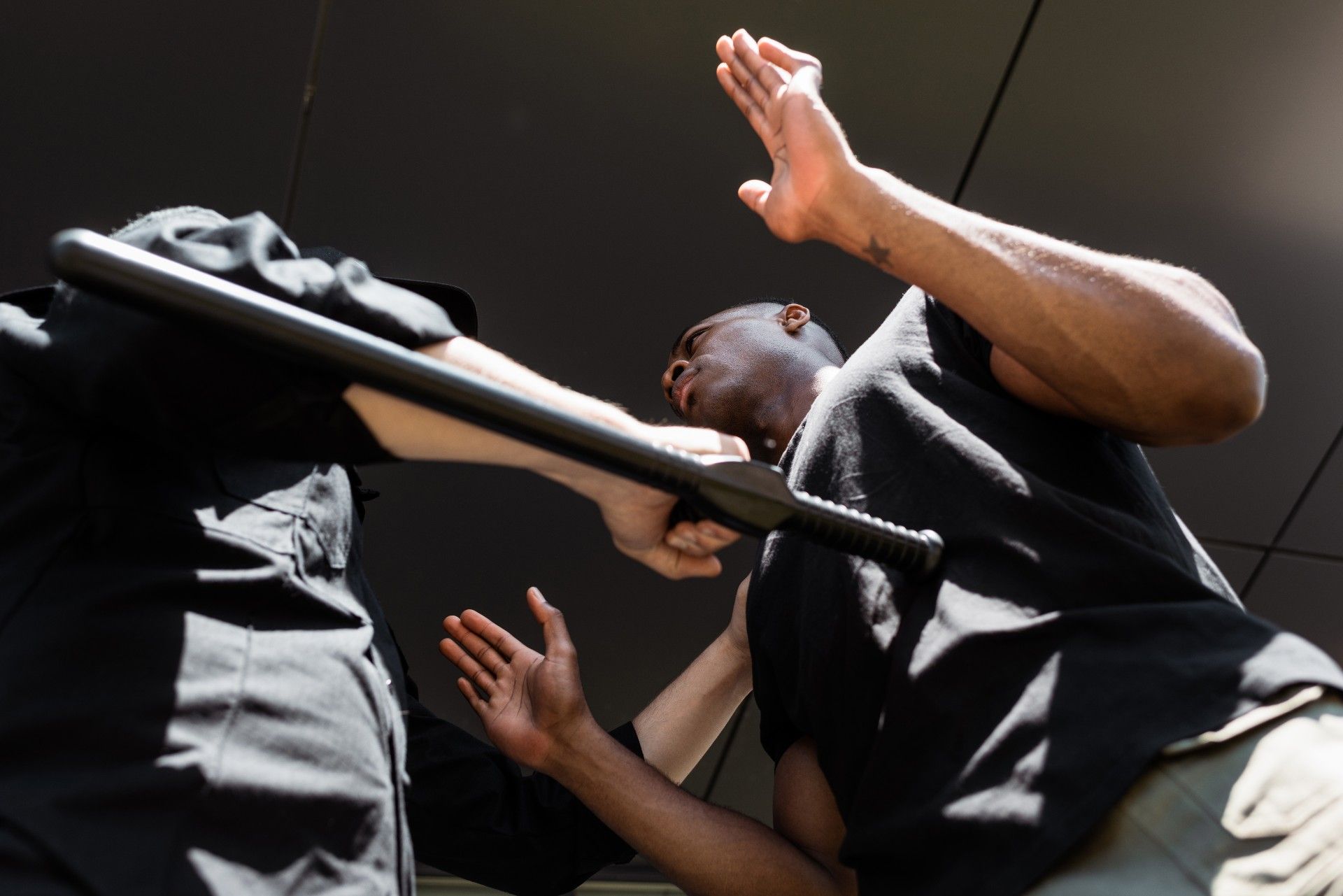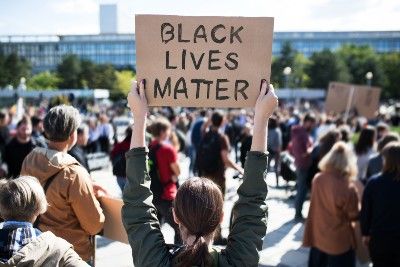Top Class Actions’s website and social media posts use affiliate links. If you make a purchase using such links, we may receive a commission, but it will not result in any additional charges to you. Please review our Affiliate Link Disclosure for more information.
Chicago protesters recently filed a lawsuit against the city, claiming they were the victims of police brutality during this summer’s demonstrations.
Numerous plaintiffs have brought their claims in the lawsuit, arguing they were subjected to police violence, according to ABC News.
The protests were part of a nationwide and even global movement against police brutality and racial discrimination, calling for justice for people like George Floyd, Breonna Taylor, Tony McDade and Jacob Blake, who were killed by police officers.
“The CPD and other City agencies responded to these demonstrations with brutal, violent, and unconstitutional tactics that are clearly intended to injure, silence, and intimidate Plaintiffs and other protesters,” the police brutality lawsuit contends.
“These abuse tactics include beating protesters with batons — often striking them in the head; tackling and beating protesters while on the ground; using chemical agents against protesters; falsely arresting protesters; and trapping protesters in enclosed areas.”
Several of the plaintiffs have detailed their own experiences in the police brutality lawsuit, showing the widespread actions of the Chicago Police Department.
Plaintiff Timothy Wilger says he joined a protest May 29 after skateboarding home from work. When he bent down to pick up a lost cellphone, Wilger was allegedly grabbed by a police officer and slammed into the concrete ground. He was claims to have been pinned to the ground by multiple police officers, exacerbating a pre-existing wrist injury.
Plaintiff Andrew Reichold reportedly attended a protest near Trump Tower in Chicago when he saw police officers beating a small woman. After yelling out to the officers to stop, the officers allegedly knocked Reichold to the ground and beat him with their batons instead.
Plaintiff Veronica Rodriguez tells a similar story. While moving with a group of protesters towards Trump Tower, Rodriguez says she was allegedly hit in the head hard by a police officer, causing a “gaping, bleeding” cut in her head that required emergency medical attention. After going to the hospital in an ambulance, Rodriguez was reportedly forced to get several staples to close her head wound.
Plaintiff Alexandra Betzel allegedly experienced a severe beating at the hands of Chicago police while marking towards Trump Tower. While walking with her bike, police officers reportedly threw her to the ground and started to push a baton against her neck and chest — causing Betzel to choke.
Many plaintiffs say they have suffered long-term physical and emotional injuries as a result of the Chicago police brutality.
Although the details of each plaintiffs’ experiences vary, they all argue one universal fact: They had done nothing to provoke the police officers to violently attack them.
According to the police brutality lawsuit, these actions are unconstitutional and part of a larger trend by Chicago police officers against protesters, WTTW reported. As far back as 1877, Chicago police officers have allegedly used excessive force to quell protesters exercising their constitutional rights.
As a result, Reichold was reportedly left with injuries to his thigh, rib cage and head, despite not attacking, assaulting or threatening the officers.
The plaintiffs contend these actions have been seen at protests for over a century, including at the 1919 race riots, the 1968 Democratic National Convention, the 1977 housing discrimination marches, the 1990 Gulf War protests, demonstrations to support people with HIV and AIDs in 1990s and early 2000s, the 2003 mass anti-Iraq War demonstration and a counter-demonstration to a 2016 rally for Donald Trump.
The protesters note these historic actions continued in this summer’s racial discrimination protests despite a consent decree being in effect for almost two years. The consent decree reportedly compels Chicago to reform police brutality policies and practices.
The police brutality lawsuit asks the court for compensatory damages, punitive damages and other relief.
Did you participate in police brutality protests? Have you been otherwise affected by these demonstrations? Let us know in the comment section below.
Plaintiffs are represented by Vanessa del Valle, Adam Gilmore, Emily Grant, Isaac Green, Sheila A. Bedi, Luke Fernbach, Lorellee Kampschnieder, Terah Tollner and Jay Trewn of the Nothwestern Pritzker School of Law; Joey L. Mogul, Janine Hoft, Ben Elson Jan Susler and Brad Thomson of People’s Law Office; and Brendan Shiller, Sierra Reed, Tia Haywood and Wayne Slaughter of Shiller Preyar Jarard & Samuels Law Offices.
The Chicago Police Brutality Lawsuit is Protesters in Support of Black Lives, et al. v. City of Chicago, et al., Case No. 1:20-cv-06851, in the U.S. District Court for the Northern District of Illinois.
Read About More Class Action Lawsuits & Class Action Settlements:
















